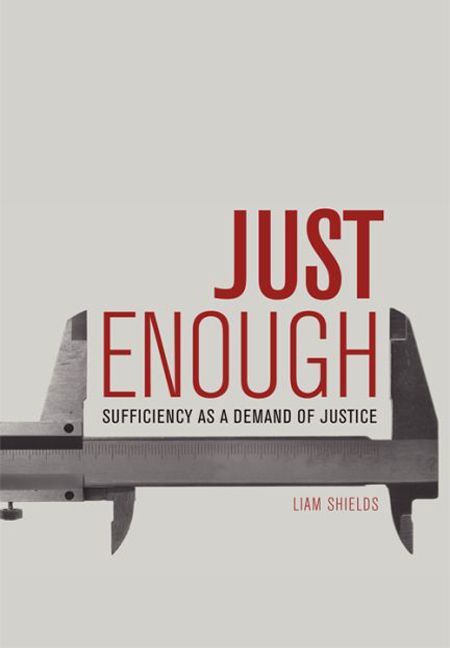4 - Sufficiency and Education
Published online by Cambridge University Press: 20 April 2017
Summary
As I argued in Chapter 1, the prospects for sufficientarianism do not only depend upon there being an indispensable sufficientarian principle(s). They also depend on the extent of the role those principles should play in our thought about practical debates. Having established that the principle of sufficient autonomy is indispensable, it must play some role in our thought. The extent of the role a principle plays in our thought depends upon a number of factors including whether and how it fits with other plausible demands of justice and whether it can help to resolve some problems in ongoing debates.
If the principle of sufficient autonomy has little to say in terms of policy implications, could not shed light on the various problems in those debates and did not fit alongside, or was always outweighed by, accepted and plausible demands in that area, then the principle could not have an extensive role in our thought. Though it has some role in our thought, such a principle would do less to improve the prospects for sufficientarianism than a principle that had important implications for policy, resolved some problems in various debates and could fit in well alongside some of the plausible demands of justice in the relevant areas.
In this chapter, I explain four contributions that the principle of sufficient autonomy makes to debates about education. Taken together, these contributions give strong support to the claim that the prospects for sufficientarianism are good.
I begin by discussing the relationship between education, justice and autonomy. I show that education is an important site for justice and injustice and that the principle of sufficient autonomy makes demands of the design of educational institutions.
Subsequent sections show that these demands are plausible and fit well or help resolve problems with existing views. Some of these advantages are due to the particular contents of the principle of sufficient autonomy, but others are due primarily to the shift aspect of sufficientarianism.
I then show that the principle of sufficient autonomy can help us in justifying education for autonomy to groups who may reject it, such as the Old Order Amish. In particular, the shift in the importance of autonomy, which is unique to sufficientarian principles, offers a more helpful way of reframing this debate.
- Type
- Chapter
- Information
- Just EnoughSufficiency as a Demand of Justice, pp. 82 - 120Publisher: Edinburgh University PressPrint publication year: 2016



